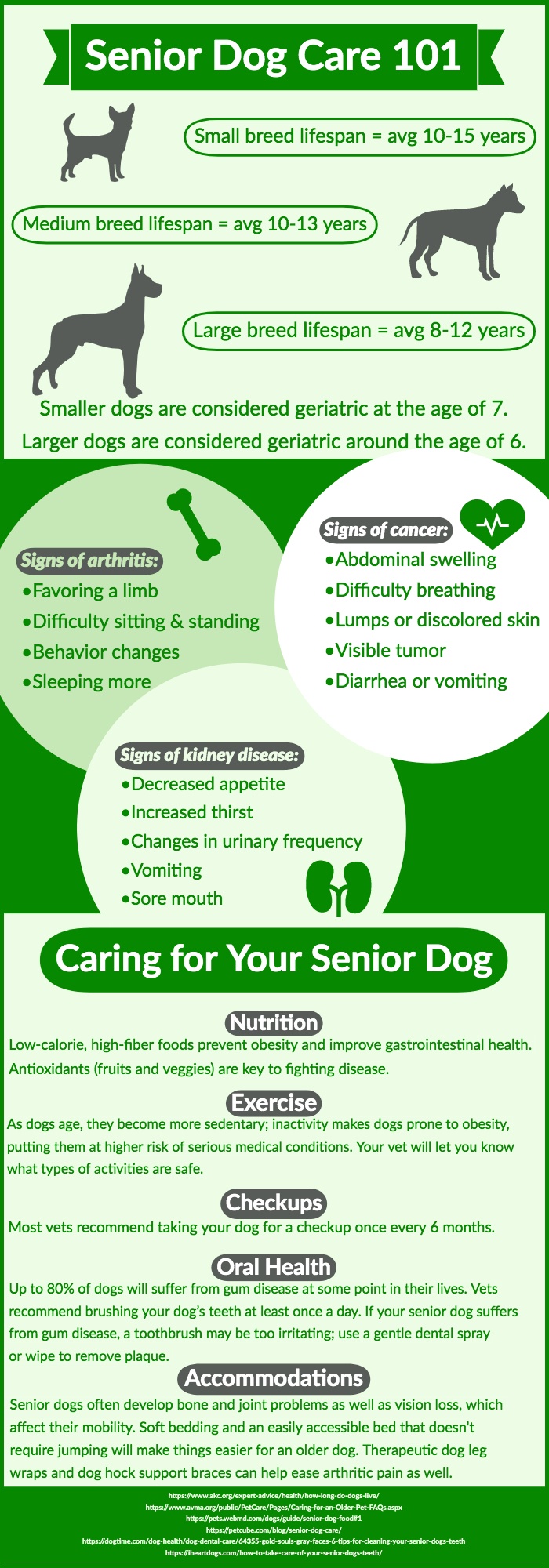Can Puppies Go To Daycare
Can Puppies Go To Daycare
Blog Article
Can Dog Daycare Reason Health Problem?
Pet dogs in day care receive great deals of workout, socialization with other pets and special experiences. This can be especially useful for puppies and pets with behavior issues.
There are numerous lawful factors to consider you require to take into account when starting a doggy day care organization. These consist of the structure of your business and compliance with government guidelines.
1. Pooch Distemper
Canine distemper is spread out via direct contact with the bodily fluids and waste of an infected canine, however it can additionally be sent using common water and food bowls or through airborne droplets. This highly infectious health problem is most hazardous for pups, yet it can influence pets of any age and is fatal for most if left neglected.
Initial signs of canine distemper typically simulate an acute rhinitis, consisting of dripping eyes and nose with watery or pus-like discharge. As the condition proceeds, a pet will certainly create high temperature, coughing, lowered cravings, throwing up and looseness of the bowels. The infection can additionally strike the nerves, causing seizures, shivering and partial or full paralysis.
Trustworthy childcares lower direct exposure to infection by calling for inoculations, regular health examinations and adhere to stringent hygiene protocols. If your puppy seems extremely weary or hopping, a day off might assist him recuperate, but you should avoid taking him back to childcare till these signs and symptoms improve.
2. Kennel Cough
Kennel cough, also called transmittable canine tracheobronchitis or Bordetella, is an extremely infectious viral or bacterial disease that affects the respiratory system system. It's frequently transferred through the exchange of saliva or air droplets that an unwell pet breathes out. Social canines are at higher risk for infection as a result of their constant communication with one another, such as when they play, share food or water, sniff each other or merely satisfy in a crowded environment like a pet park or childcare.
One of the most common symptom of kennel coughing is a relentless and powerful cough that seems like something embeded the throat or retching. Typically, canines will divulge foamy white phlegm. If left neglected, a dog can create pneumonia and go to major risk permanently.
A trustworthy childcare facility should have rigorous cleansing and cleanliness protocols, disinfect all toys, food and water bowls routinely, and be open concerning their inoculation policies. Keeping your pet dog as much as date on their inoculations, particularly for bordetella and canine influenza, will substantially minimize their chances of getting the health problem.
3. Parvovirus
Canine parvovirus, or parvo, is a highly transmittable viral health problem that can be fatal for pups and young person dogs with inadequate immune systems. It's most commonly spread out by direct contact with infected canine feces-- which can take place when pet dogs sniff, dog daycares near me lick, or preference infected feces-- and indirectly from infected people, objects, or atmospheres (like kennels, grooming areas and lawns). Pups and pet dogs without complete inoculation histories are specifically vulnerable to parvo.
The infection is very resilient, making it through in the environment for approximately nine years, and can conveniently be transferred in between canines by call with feces or on footwear, clothes, and bedding polluted with parvovirus. Otherwise treated immediately with IV liquids, electrolyte balance, throwing up control medications and prescription antibiotics to prevent additional bacterial infections, a pet dog will rapidly dry out and develop serious diarrhea, which causes shock and blood poisoning. Parvo is challenging to heal when a pet has come to be ill, but with proper veterinary care, several puppies do endure this ailment.
4. Canine Flu
Canine influenza infection is highly infectious and spreads via direct call, sharing food and water bowls, licking or nuzzling other canines, via airborne beads, and via contaminated surface areas. Inoculation is effective in minimizing the risk of infection and break outs.
The majority of affected pet dogs create a mild breathing infection with a coughing that lasts 1-3 weeks. They may likewise have nasal and eye discharge, sneezing, and lethargy. A few of one of the most major instances result in pneumonia and a high fever.
If your canine shows any one of these symptoms, do not bring them back to day care till they are healthy. If your pet dog is revealing signs of extreme exhaustion or hopping, speak with your veterinarian right away and ensure they get on healthiness supplements to help develop their resistance. A vet will examine your pet for symptoms of the flu by taking an example from the nose or throat, and blood examinations can be done to validate.